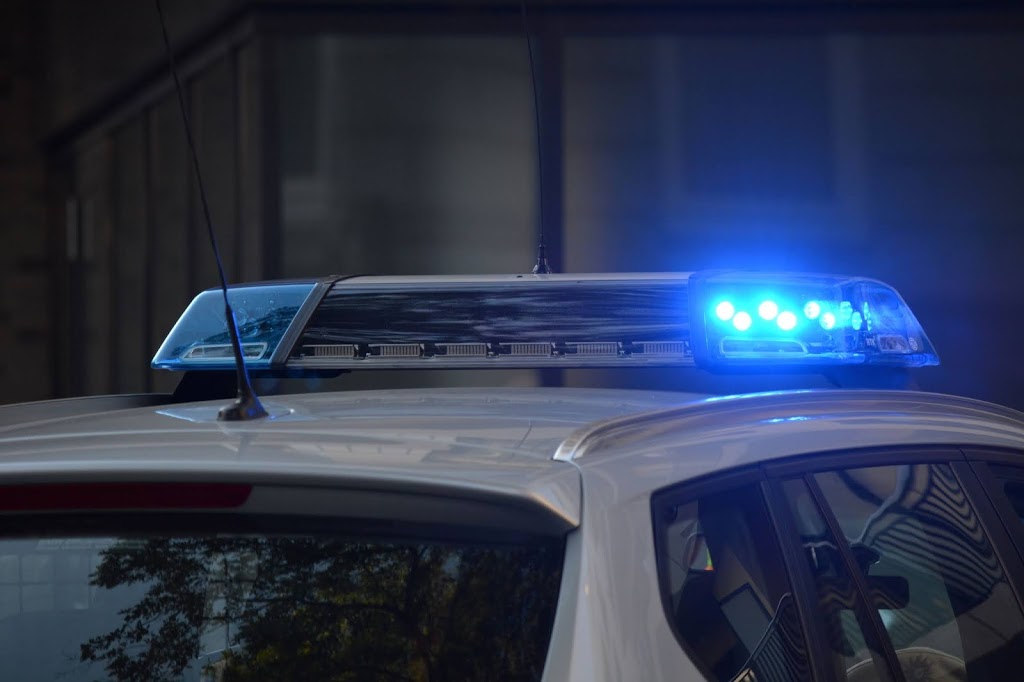On May 25, in south Minneapolis, four policemen attempted to arrest George Floyd for allegedly passing a counterfeit $20 bill. One of the officers, Derek Chauvin, pressed his knee against the back of Floyd’s neck for several minutes as Floyd lay on the ground, handcuffed. Chauvin is now charged with causing Floyd’s death. The three other police officers are charged with aiding and abetting what is being considered second degree murder, as they watched Chauvin’s actions but did nothing to stop him or to help Floyd when he was in obvious distress. Today, legislators are considering new legislation based on this incident.
California Criminal Sanctions
California lawmakers are now considering a bill that would carry strict penalties for police officers who witness such an act by a fellow officer who is engaging in excessive use of force and who do not intervene to stop it. The author of Assembly Bill 1022, Assemblyman Chris Holden of Pasadena, says the bill is a reaction to George Floyd’s murder and to the inaction of those policemen accompanying Chauvin in the arrest.
The proposed bill is meeting some resistance by those in law enforcement. They contend that there are already sufficient regulations and training in place that address the excessive use of force. Opponents of the bill say that it does not take into account the split-second decision making that is often necessary by police officers involved in such events. They contend that the George Floyd situation was an anomaly to the typical situation faced by policemen.
The Los Angeles Police Protective League board of directors issued a statement that, “This misguided proposal criminalizes officers who may not have a complete understanding of the incident and have different viewpoints. Strong policies, robust training, and fair discipline is far more appropriate than criminal sanctions.”
Assembly Bill 1022 and Others
As California considers the “George Floyd” law, lawmakers have until August 31 to approve it and to send legislation to Governor Gavin Newsom. Assembly Bill 1022 and other, similar proposed bills address:
Chokeholds – AB1196 by Assemblyman Mike Gipson, D-Carson, would bar law enforcement agencies from using carotid restraints, chokeholds, or similar techniques.
Duty to Intercede – AB1022 by Assemblyman Chris Holden, D-Pasadena, would require law enforcement officers to immediately intercede and report what they believe to be the use of excessive force.
Officers’ careers would end if they are found to have used excessive force resulting in serious injury or death or failed to stop the overuse of force by another officer. Officers who don’t intercede could be criminally charged as accessories to any crimes committed by those who use excessive force.
Victims’ Compensation – AB767 by Assemblyman Tim Grayson, D-Concord, would allow even criminal suspects and their survivors to apply for victims’ compensation if they were injured or killed by police use of excessive force.
Rubber Bullets – AB66 by Assemblywoman Lorena Gonzalez, D-San Diego, would respond to perceived police overreactions during recent protests by limiting the use of tear gas, pepper spray, rubber bullets ,and other projectiles against demonstrators.
Journalists – SB629 by Sen. Mike McGuire, D-Healdsburg, would protect the right of journalists to cover protests without interference from police.
Military Uniforms – SB480 would bar law enforcement officials from wearing military-style uniforms. Sen. Bob Archuleta, D-Pico Rivera, said that can make it difficult for civilians to distinguish officers from members of the National Guard.
Independent Investigations – AB1506 by Assemblyman Kevin McCarty, D-Sacramento, would create a new division within the state Department of Justice that, if requested by a local law enforcement agency, would investigate an officer-involved shooting or other use of force that kills a civilian. The department could also prosecute any officer it found had violated state law.
Sheriffs Oversight – AB1185, also by McCarty, would let county supervisors name inspectors general to help oversee independently elected county sheriffs.
Police Records – SB776 by Sen. Nancy Skinner, D-Berkeley, would expand on a 2019 law that lifted some of the nation’s most secretive police records by requiring public access to disciplinary records involving investigations into officer shootings, use-of-force incidents and incidents involving officer misconduct.
It would add records of discipline against officers accused of racist or discriminatory actions, or those who have a history of wrongful arrests or searches, among others. Investigations would be completed even if officers resign. Records fees would be limited, and fines imposed on agencies that don’t comply.
Decertifying Officers – SB731 by Sen. Steven Bradford, D-Gardena, would allow the state Department of Justice to revoke the certification of officers if they are fired for misconduct or convicted of certain crimes, to prevent them from getting new law enforcement jobs elsewhere.
Juvenile Interrogations – SB203, also by Bradford, would bar those who are 17 years old or younger from being questioned by police or waiving their rights until they have a chance to consult with an attorney. California currently applies those restrictions to youths 15 years or younger.
Orange County Criminal Defense Lawyer
If you or a loved one are dealing with criminal charges during these difficult times, we invite you to contact the Law Office of Ronald G. Brower at your earliest convenience. Attorney Brower has the expertise to help clients achieve the best possible outcome in unfortunate situations.

